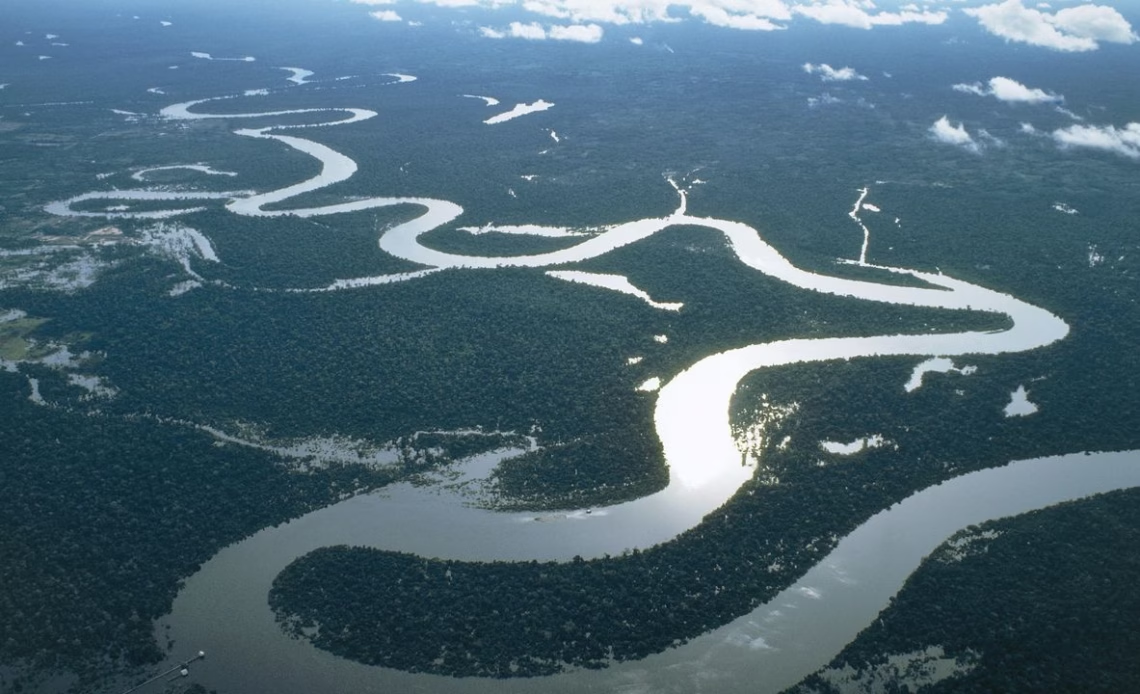Even a small slowdown to one of Earth’s major ocean currents could nearly halve the rainfall over parts of the planet’s rainforests, fueling droughts that could accelerate climate change, a new study warns.
The Atlantic Meridional Overturning Circulation (AMOC), which includes the Gulf Stream, plays a key stabilizing role in climates around the planet. Yet a number of studies indicate that the current is slowing, with some even suggesting its heading toward a disastrous collapse.
Now, a new study has analyzed 17,000-year-old climate records to connect the current’s weakening with its effects on the planet’s tropics. Published Wednesday (July 30) in the journal Nature, the research suggests that the possible impact presents “a stunning risk” that could send swathes of usually humid regions, in the Amazon rainforest and elsewhere, into drought.
“This is bad news, because we have these very important ecosystems in the Amazon,” study lead author Pedro DiNezio, an atmospheric and ocean scientist at the University of Colorado Boulder, said in a statement. “The Amazon rainforest contains almost two years of global carbon emissions, making it a major carbon sink on Earth. Drought in this region could release vast amounts of carbon back into the atmosphere, forming a vicious loop that could make climate change worse.”
The AMOC acts as a planetary conveyor belt, bringing nutrients, oxygen and heat north from tropical waters while moving colder water south — a balancing act that keeps both sides of the Atlantic 9 degrees Fahrenheit (5 degrees Celsius) warmer than it would otherwise be.
But research into Earth’s climate history shows that the current has switched off in the past, and some studies have hinted that glacial meltwater released by climate change is causing the AMOC to slow. The worst-case scenarios predicted by some models suggest that the current may outright collapse sometime this century, leading to devastating and irreversible impacts felt across the globe.
Related: Atlantic ocean currents are weakening — and it could make the climate in some regions unrecognizable
These predictions remain controversial, yet the risks are large enough for scientists to have called for urgent investigation. The effects of a diminished AMOC would include plummeting temperatures in Europe and storms proliferating around the equator — but scientists have also pointed to…
Click Here to Read the Full Original Article at Latest from Live Science…

